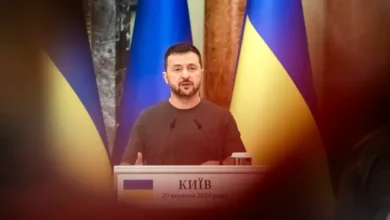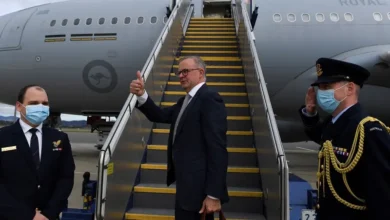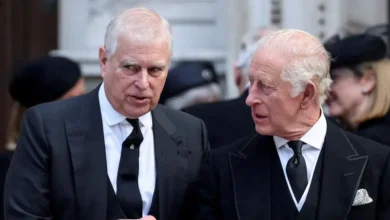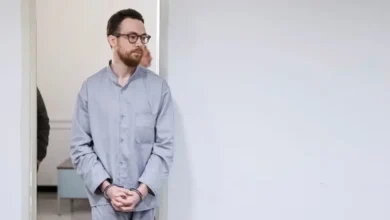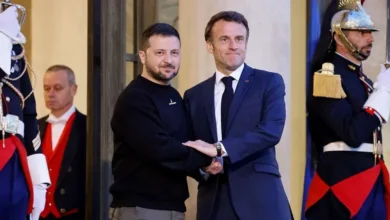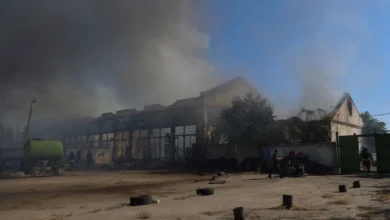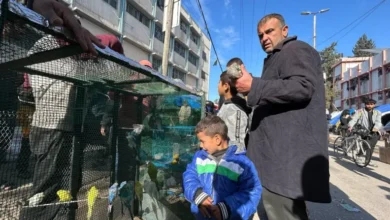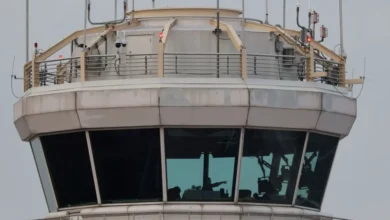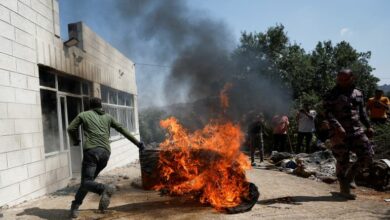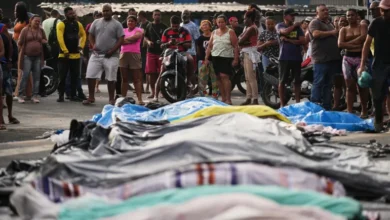Will the war in Ukraine end this year?
Leonid Ragozin
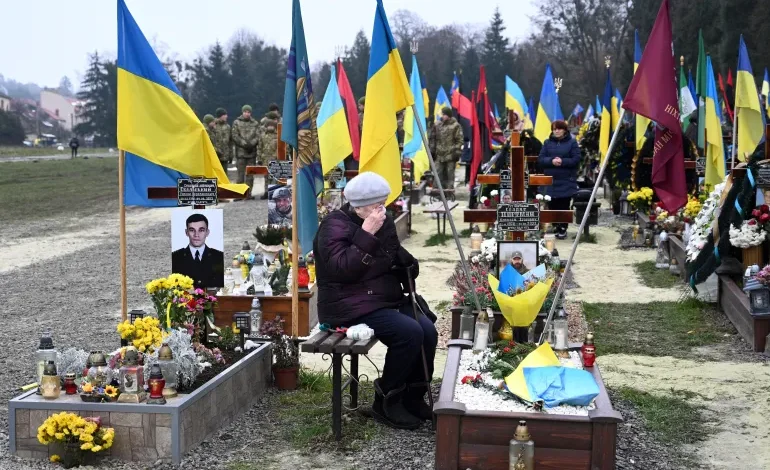
Leonid Ragozin
It has been almost a year now since Russia launched a full-scale invasion of Ukraine, sowing death and destruction across the country. The toll of the war is grim: thousands of Ukrainian civilians dead, tens of thousands of soldiers on both sides killed, millions displaced, whole Ukrainian towns and villages razed to the ground.
As we move into the second year, both sides are preparing large-scale offensives, with tens of thousands of new recruits and new sophisticated hardware being sent to the front line. A wide range of scenarios that are viable to a different extent may unfold this year. The only thing we can predict with a high degree of confidence is that we are going to see a bloodbath on a larger scale than last year.
Declared goals
In their public rhetoric, both Russia and Ukraine sound confident in their victory, but they seem to define it in different terms.
The government in Kyiv has made it clear that its goal is the liberation of all Ukrainian territories Russia currently occupies, including the Crimean Peninsula. Ukrainian President Volodymyr Zelenskyy himself has said in a November interview for a Czech TV channel that once the Ukrainian army achieves victory, he will vacation in Crimea.
Some Ukrainian officials have gone even further, spelling out the goal of breaking the Russian Federation up. Earlier this month, the chief of Ukraine’s National Security Council, Oleksiy Danilov, wrote in an op-ed published in the Ukrainian news outlet Ukrainska Pravda that Russia should be “de-colonised”, its statehood in the current form undone, and the independence movements of various peoples within its borders encouraged.
The Ukrainian army has been able to liberate some areas, but much of the territory occupied in the last 12 months remains under Russian control. Mobilisation is going on across the country, and the Ukrainian army is getting new training and weapons from the West.
Russian President Vladimir Putin’s initially declared goals were to “liberate” Ukraine’s Donbas region and to “de-nazify” and “de-militarise” the country.
The Russian army has failed to fully occupy the two Donbas regions, Donetsk and Luhansk, but it has seized large chunks of two other Ukrainian regions in the south, Zaporizhia and Kherson, thus securing a land bridge to Crimea. In October, Putin signed legislation formally annexing those regions to Russia.
In the fall, the Russian authorities carried out a nationwide mobilisation campaign, adding some 300,000 troops to the country’s regular forces. Some of them have already been deployed on the front lines, as part of the new Russian offensive, but most, it seems, remain in the reserves.
With this mix of military successes and failures, the Kremlin has deliberately left its definition of “victory” in Ukraine quite vague. It is thus allowing itself a much wider range of acceptable outcomes on the battlefield.Meanwhile, the West, while united in its moral support for Ukraine, has also been ambiguous about how the war should end. The official rhetoric from Washington, Kyiv’s biggest supporter, is that it will support the Ukrainian government and army “for as long as it takes” in order to secure a decisive victory over Russia. In Europe, some have been more cautious. French President Emmanuel Macron, for example, has said that Russia should be defeated, but not crushed.
Ukraine has received close to $40bn in military aid from the West, around $30bn of it from the United States alone. Last month, NATO countries just crossed one more of the self-imposed “red lines” by allowing the supplies of modern German and US tanks to Ukraine, though in limited numbers.
Unofficially, though, as a recent Washington Post article suggests, the Ukrainian government is being warned that this year it may have the last chance to change facts on the ground with full Western support before the inevitable peace talks.
A recent poll of European Union policymakers, conducted by the European Council on Foreign Relations, shows that European capitals differ widely on what outcome in Ukraine war they see as realistic. Only a handful of the respondents appear to perceive Kyiv’s “full liberation” as a likely outcome. Many expect that Russia will retain control over some Ukrainian territory.
Possible scenarios
There are far too many unknowns to make any confident predictions of where Ukraine and Russia will find themselves after another year of carnage. But there are some scenarios that appear more likely.
An overwhelming Ukrainian victory, as envisaged in Kyiv, would be a triumph of justice. But it is also a Russian roulette scenario, because Putin’s defeat, especially the liberation of Crimea, may very well prompt him to use nuclear weapons. The fate of humanity, in this case, will be in the hands of one troubled man who has already done the unthinkable by unleashing a large-scale war in Europe.

